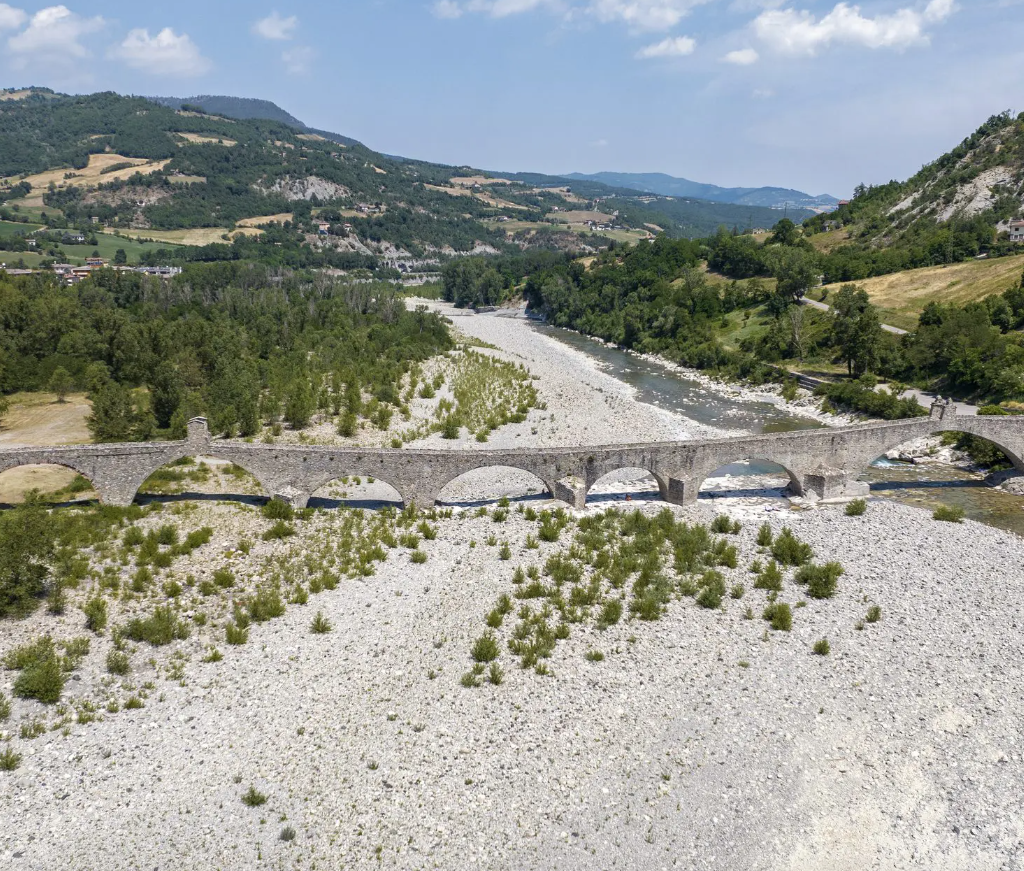Drought in Europe data updated in August 2022
(Sustainabilityenvironmen.com) – August has also been a dramatic month for water supply in the Old Continent. High temperatures and low rainfall marked the current month worsening the already severe drought that had affected many regions of Europe since the beginning of the year. This is reported by the European Drought Observatory (EDO), the emergency management service of Copernicus. In the latest report published, the Observatory provides an accurate assessment of drought conditions, extinguishing, for now, any hope: the drought in Europe has widened and worsened since the beginning of August. And anomalies in soil moisture have remained markedly negative in most of the region. With an increasing risk that today affects 15 countries, including Italy. To be precise, 17% of Europe is currently in the red alert category. Six percentage points more than in July.
The effects of this climate are widely felt. The serious lack of rain in recent months has affected, in fact, most of the European rivers. Obviously, the warmer temperatures that increase the evapotranspiration trigger greater demand for water, and thus contribute to increasing the severity of the situation.
EDO points out that the reduction in the volume of water stored has had a serious impact on the energy sector, both for hydroelectric power generation and for cooling systems in other power plants. And obviously on the agricultural one. The most affected crops are wheat, corn, soy and sunflower.
Read also Drought in Europe: what happens when climate change “inflates” the Azores High?
It is also true that since mid-August the rain has returned to some European territories, such as central Italy, but the large associated storms have caused considerable damage and losses. “And they may have limited the beneficial effects of rainfall,” the report says.
Not only. “Warmer and drier conditions than usual in the Western Euro-Mediterranean region are likely to occur in the coming months until November 2022. In some areas of the Iberian Peninsula, conditions are expected to be drier than normal for the next three months”.
